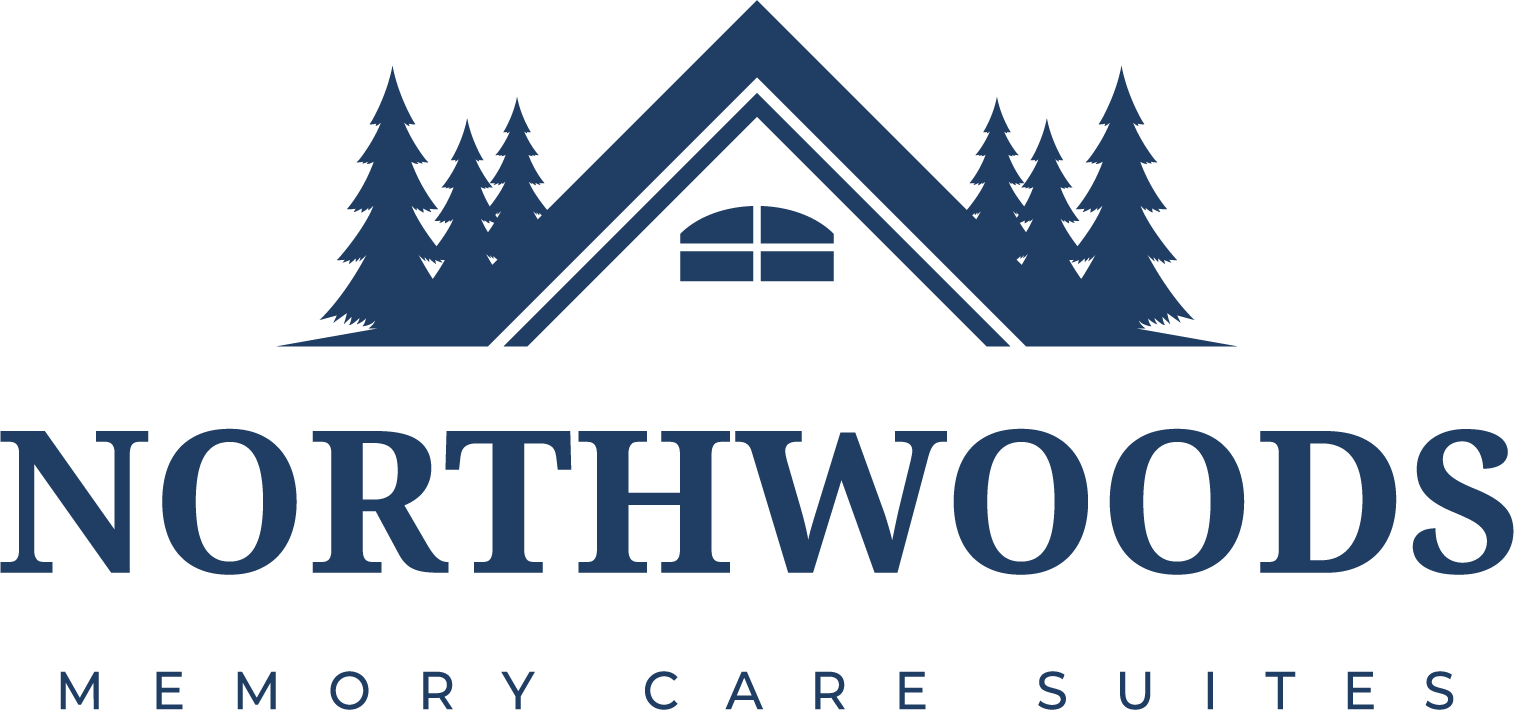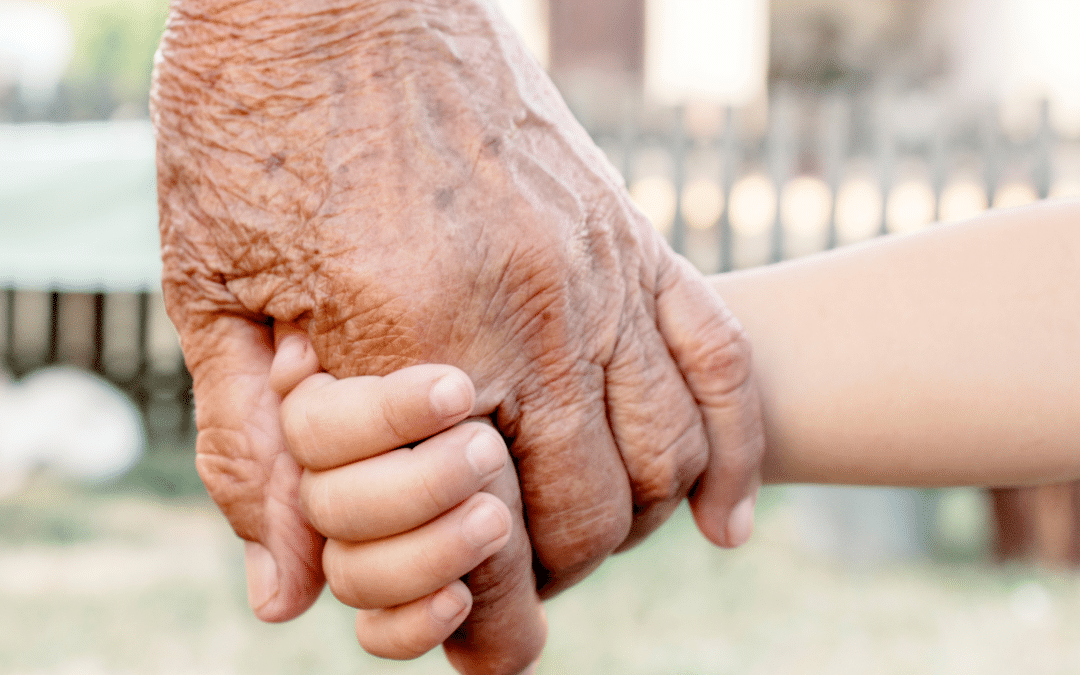Making the decision to transition a loved one to memory care is both emotionally charged and complex. It’s a decision steeped in love, responsibility, and hope for a safer, more supportive environment for those living with dementia or Alzheimer’s. At the same time, it’s normal to feel overwhelmed or conflicted by the process.
This guide is designed to walk you through what to expect during the memory care transition—sharing honest insights, dispelling common myths, and offering practical tips based on helping families like yours. With Northwoods Memory Care Suites’ personalized, family-oriented approach, your loved one is met with warmth, belonging, and excellent care.
If you’re facing uncertainty, know that you don’t have to go through this alone. Let’s step forward together and turn anxiety into reassurance and hope.
Understanding the Memory Care Transition
Transitioning to memory care isn’t just about moving rooms—it’s a significant emotional and lifestyle shift for everyone involved. Memory care communities are tailored for individuals with memory challenges, focusing on safety, structure, and engagement.
Bringing up the topic can be tough, especially if your loved one is hesitant or your family isn’t in full agreement. You may have noticed new safety concerns, increased confusion, or daily routines becoming harder. These decisions are never easy, but they’re a step toward greater stability and support.
What Is a Memory Care Transition?
A memory care transition means moving a loved one from home, or assisted living, into a setting that specializes in dementia and Alzheimer’s care. Unlike standard assisted living, memory care offers higher security, specialized programs, and staff trained to support memory loss.
At Northwoods, we create a home-like, supportive setting where every resident is seen and valued. Our family-style environment ensures that your loved one’s preferences and history are integrated into their daily routine.
Why Is It Such a Big Change?
Every family navigates this phase differently. For your loved one, adapting to new routines, people, and a different setting can be a challenge, but also an opportunity for comfort and engagement. The adjustment can bring both relief and sadness for families, alongside questions like “Will they adjust?” or “Could I have done more?”
With preparation and support, the change often leads to renewed peace of mind and enriched daily life for both residents and families. The right memory care environment, focused on structure and community, can make a world of difference.
What Families Can Expect During the Move-In Phase
Those first weeks in memory care bring new emotions for everyone. Knowing what’s ahead can help you face these changes with confidence and empathy.
Emotional Roller Coaster and Adjustment Period
Moving into memory care comes with all sorts of feelings—guilt, grief, relief, and hope. Many caregivers struggle with doubts or second-guess their choices. Remember, such feelings are entirely normal.
For loved ones, initial disorientation or anxiousness may occur, while others settle in more quickly. A typical adjustment looks like:
- First Week: Disorientation as routines and faces are new.
- First Month: Routines take hold; familiar activities spark comfort.
- First Quarter: Signs of trust and contentment grow, with deeper bonds forming.
At Northwoods, family involvement is encouraged from the start—sharing stories and participating in the adjustment can make all the difference in helping your loved one settle in.
Creating Familiar and Comforting Spaces
Bringing personal items from home—like favorite blankets, photos, or special keepsakes—can ease the transition, making a resident’s space uniquely theirs.
We take time to help families personalize each room at Northwoods. These familiar touches foster connection, bringing comfort and a sense of belonging.
If you’re not sure what to bring or how to arrange things, our staff is ready to help with practical tips and guidance, focusing on keeping spaces calming yet personal.
Safety, Security, and Structured Environment
Safety is at the forefront of memory care, with secure entryways, attentive staff, and accessible settings designed for your loved one’s needs. Structured routines help residents feel safe, oriented, and less anxious.
Northwoods strengthens this structure with compassionate, personal care. Our staff take time to get to know every resident, ensuring their days are filled with moments of joy and connection alongside necessary clinical and medical support.
Care Planning and Family Communication
Your partnership shapes the care at Northwoods from day one. We value what you know—your insights about what works best for your loved one help us create thoughtful, individualized plans.
We provide regular updates and welcome your participation in meetings and check-ins. You’re part of the process, whether you want to attend activities, review care plans, or simply stay informed.
When families feel involved, trust deepens and the transition becomes smoother for everyone.
Engagement, Activities, and Relationship Building
Memory care is more than safety—it’s about fostering a life filled with engagement and connection. Activities like art, music, and reminiscence groups offer stimulation and foster friendships.
At Northwoods, activities are crafted around each resident’s abilities and interests. Family participation in social events or creative programs is welcome and helps create positive new memories together.
Meaningful engagement is vital, helping residents rediscover joy and build new relationships within the community.
Supporting Yourself as a Family Caregiver
Moving to memory care doesn’t end your caregiving journey—it simply shifts your role. It’s normal to experience stress, grief, and even relief as your loved one settles in.
Reach out for support if you need it. Journaling, self-care routines, or support groups can make a real difference. Remember, prioritizing your well-being is vital—not selfish.
At Northwoods, we offer resources, education, and a listening ear for families at every stage. Leaning on our team and your support network eases the journey for both you and your loved one.
Common Concerns Families Have—and How to Address Them
Families often have questions and worries—here are some of the most common, with practical reassurance.
Will they feel lost or scared right away?
Some initial discomfort is typical, but caring support and familiar items help most residents adjust faster than expected. Our team works closely with families to ease the settling-in process.
How involved can family remain?
You’ll remain an essential part of your loved one’s life at Northwoods—able to join for activities, attend meetings, and stay connected as much as you wish.
How do we manage guilt?
Guilt is common and comes from caring deeply. Talking openly about these feelings, and realizing that your choice is rooted in love, can help ease the burden.
What if behaviors get worse before they improve?
Some behavioral changes are normal with a new environment. Our experienced staff are trained to manage these changes therapeutically and support both residents and families as things stabilize.
Making the Transition Together
Transitioning to memory care is difficult—but with thoughtful guidance, support, and compassion, it’s also a powerful step toward renewed well-being and connection. The journey may have ups and downs, but no family needs to walk it alone.
At Northwoods Memory Care Suites, personalized memory care transition support means you and your loved one are met with respect, empathy, and partnership at every turn. We invite you to reach out—schedule a visit, ask questions, or simply talk with our team. Let’s make this transition a new beginning, filled with hope, dignity, and lasting peace of mind.

